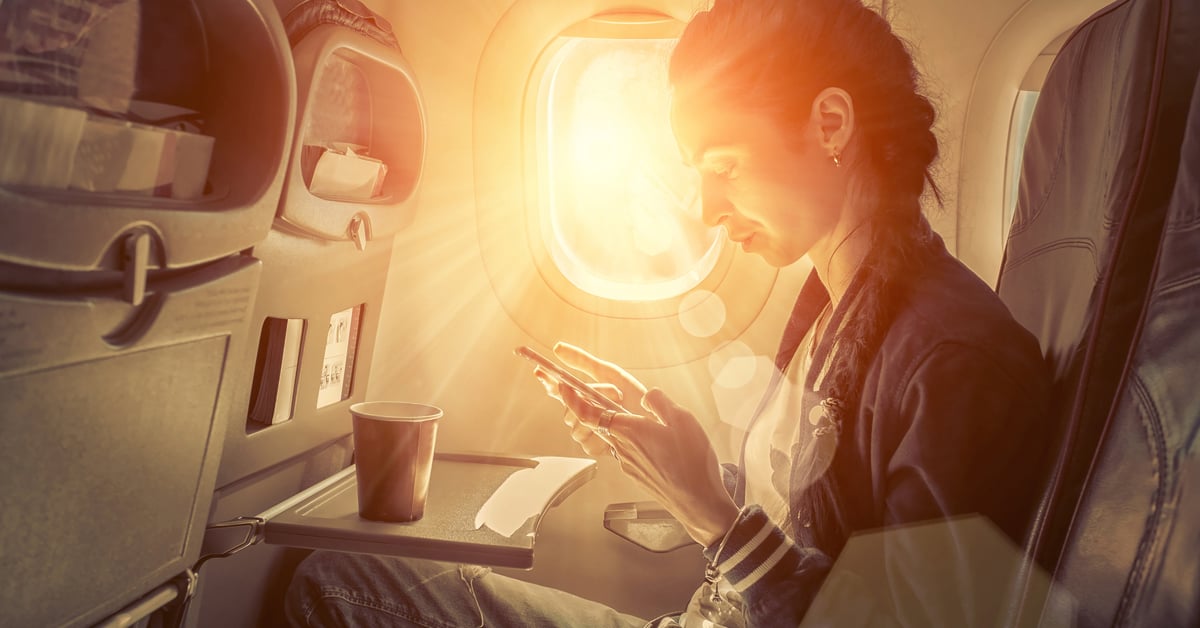Why Hotels Must Welcome Guests’ New Booking Behaviors

They say that change is the only constant in life and this adage also applies to the consumer’s travel booking journey. Every decade ushers in innovative ways for travelers to connect with the hospitality experience through new technology and cultural preferences. Today’s rapidly evolving digital age has led to bigger changes than ever and it’s driving hotels to reevaluate the ways they bring in guests. Forbes offered a look at how travel booking is changing once again and how hotels need to respond to arrive at continued success.
Societal Shifts Lead to Exploring Modern Booking Methods
There’s no denying that people’s interests and desires change over time. Before the Great Recession of 2008, society focused on the collection and consumption of objects. Even the government encouraged shopping and spending to keep the economy strong. After the financial disaster of 2008, excess spending on objects was far less desirable, and people started spending more on travel and dining experiences. Soon, collecting memorable experiences was more valuable than amassing objects.
This trend toward enjoying travel and dining experiences is expected to continue. Statista reported that hotel revenue was expected to reach $553 billion in 2018. U.S. restaurant sales were also predicted to rise.
Along with this cultural spending shift, high-tech advances have provided innovative ways for consumers to interact with brands, hotels, and the travel-booking process.
A New View of Booking
The travel industry is changing at a rapid rate. Major societal changes and technological advances are completely redefining how consumers search and book travel.
According to a 2016 study of online travel bookings from various digital devices conducted by comScore on behalf of Expedia Media Solutions, consumer research interactions rose throughout the 45 days before booking a trip. This clearly showed that digital users were increasingly seeking travel content and information. Interestingly, more than 30% of digital travel bookers were influenced by online advertising.
In addition, the way that travelers interact with online information is undergoing major changes. More than two-thirds of online travel bookers were inspired to travel by search engines and recommendations from family and friends. Throughout the active research stage, travelers used hotel websites and OTAs most often.
Mobile Has Led to a Departure in How Consumers Engage
Mobile has become a mainstay in consumers’ lives and a frequent part of their daily activities. According to Google’s “Micro-moments” report, 87% of mobile users have their smartphone close at hand both day and night.
Mobile is affecting both the methods for consumer research and how travelers interact with information, which is having a major impact on the travel-booking process. Instead of spending hours doing online research, consumers are searching online for shorter periods of time.
This mobile behavior has extended to consumers’ interactions with hotels and is completely changing their booking patterns. To cater to these booking behaviors, hotels must develop new ways to connect with consumers, which meet their desire for instantaneous and meaningful communication. To drive travelers to book, these techniques must be used to deliver pricing updates and promotions to the right people, at the right time.
Due to the changes in travel booking, hotels need to rethink their marketing and pricing tactics. It’s also important to understand cultural shifts and leverage mobile to its fullest travel potential. And it’s wise to take advantage of modern metrics and all of the data it offers to develop the smartest booking and hotel marketing strategies. All of these tactics can help a hotel improve its marketing, boost its bookings, increase its profitability, and develop more customer loyalty.
Stay up to date on the latest in hotel marketing. Contact MDG.
MDG, a full-service advertising agency with offices in Boca Raton and New York, NY, is one of Florida’s top hospitality marketing companies and branding firms. MDG’s core capabilities include advertising, branding, logo design, creative, infographic development, digital marketing, creative media planning and buying, radio and TV advertising, website design and development, email marketing, mobile marketing, content marketing, social media marketing, and SEO. To stay on top of the latest trends in travel marketing and advertising, contact MDG.
